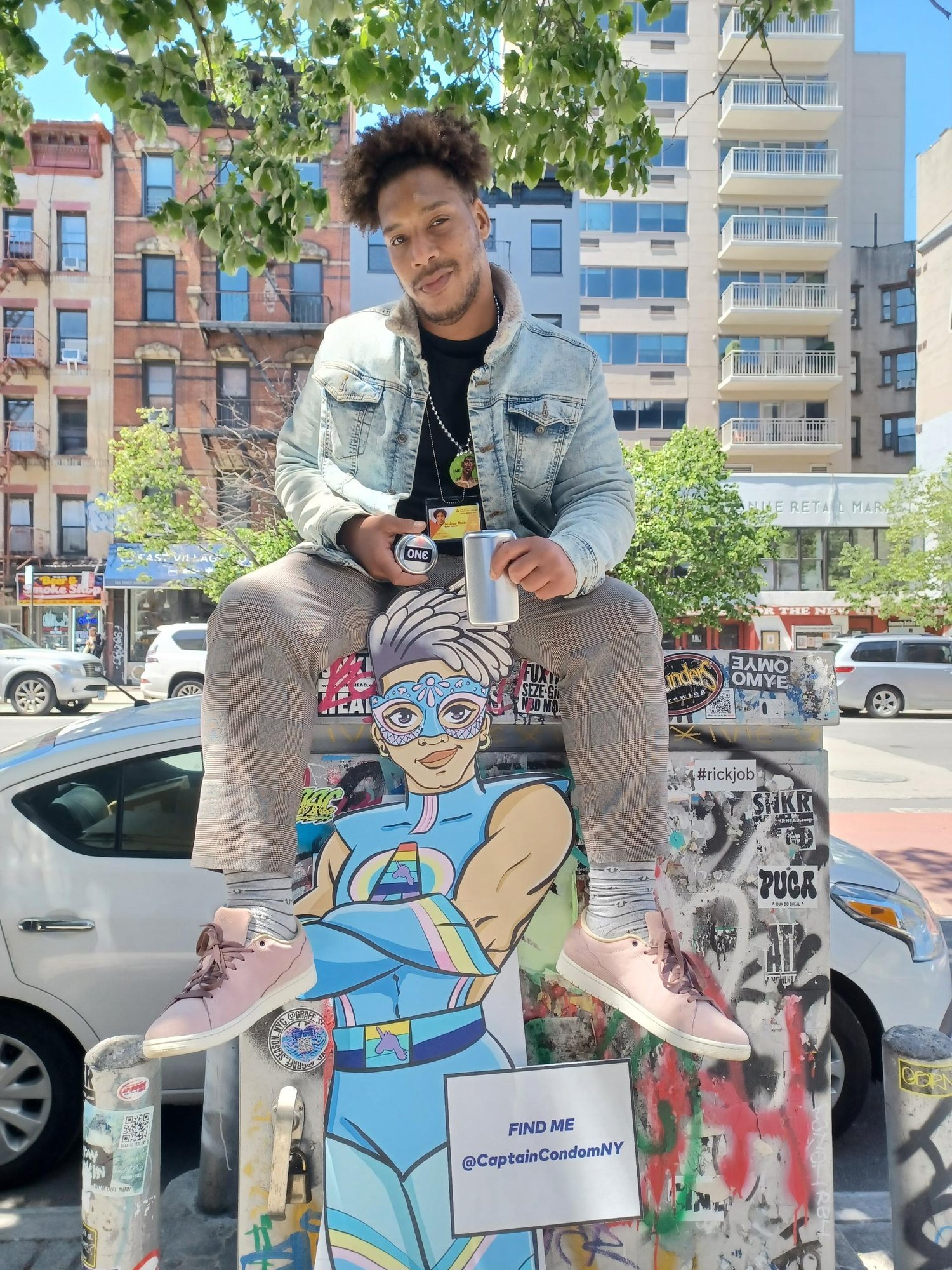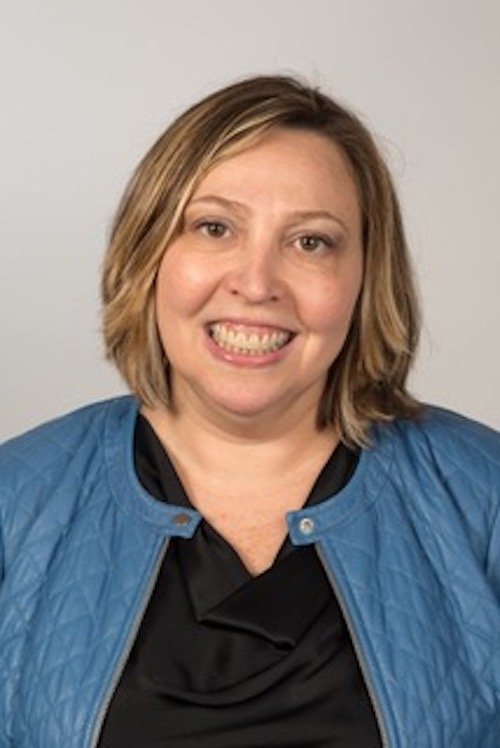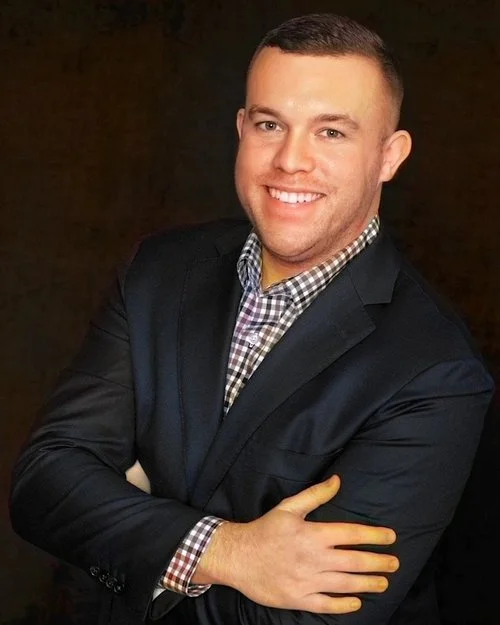Maria Madrid is one of the most vivacious, fun, and friendly people our staff, Peers, program participants, and visitors see at Alliance Midtown Central. After more than two decades, Maria is celebrating her retirement and transitioning from full-time to part-time work. We at Alliance are so grateful to Maria for her passion for harm reduction, and the kindness she shows everyone she comes into contact with. We’re so glad that she’ll still be in the office a few days a week, even if less than we’ve grown accustomed to, and wish her health and happiness with her extra free time. She has definitely earned it. We recently sat down with Maria to learn more about her work as a frontline hero.
1. Tell us a little about yourself, who you are, what you do, and what you brought you to Alliance
Maria: I came to Alliance almost 30 years ago. I was using a lot of drugs and went to a lot of NA meetings. Someone I met there was coming to Alliance when we were ASC on 14th St. I’ve stayed for 22 years because I like to see people make positive changes.
2. Tell me about your approach to your work and the program participants you see
Maria: Most of the people in my programs are people who use drugs. A lot of people can do moderation, like going from using four bags a week to two, that’s a huge improvement for them. Some people can’t. So some people’s solutions are different. I always treat people like people, and I think that’s what we do here, and it works. In my experience, nobody in the shelter system asks people how they are doing or if they need anything? We’re always polite and patient.
3. Do you base a lot of how you treat people you work with on your personal experiences?
Maria: Oh absolutely. Like I said, some people are all or nothing when they’re using drugs. I was one of them. I couldn’t do moderation, so I know that other people are the same way. So I haven’t touched drugs or liquor in 29 years.
I also went through the shelter system. I also went through difficult relationships I had to repair. Including with my kids.
4. Can you me about a specific person in the program?
Maria: The person who brought me here was Lurenda, I’ll always remember her. One person, I’m not going to say his name obviously, but he is always trying to stop, so he’s in the methadone program. His drug use was making his hepatitis C worse. We were able to get him into the methadone program, and for a while, his hepatitis C was supressed. He’s relapsed since then, but we’re not giving up on him.
5. How has your program changed during the pandemic?
Maria: It was good. I had a chance to hold more Zoom groups and the participants who were not tech-savvy still learned how to do it. A lot of people haven’t come back, yet, and some people are adapting. I think also people are going to have trauma from trying to deal with the world right now.
6. If you could do anything in addition to what you are doing now, what would it be?
Maria: If I had a million dollars, I would be doing this same type of job, giving people help who want it. Because people making serious changes in their lives is a long-term process.
7. So you’ve just transition away from working full-time Alliance, right?
Maria: Yes. I’m becoming a Peer here. After 22 years of working full-time here, I’m taking more time to be with my family. My kids are 48 and 44. I have two granddaughters, one who is 30 who has twins.
8. Is there another question that I have not asked you that I should?
Maria: I’ll give you my philosophy, too: Be good to yourself and be good to other people. You can’t help everyone, but don’t put someone down because you can’t help them.
















